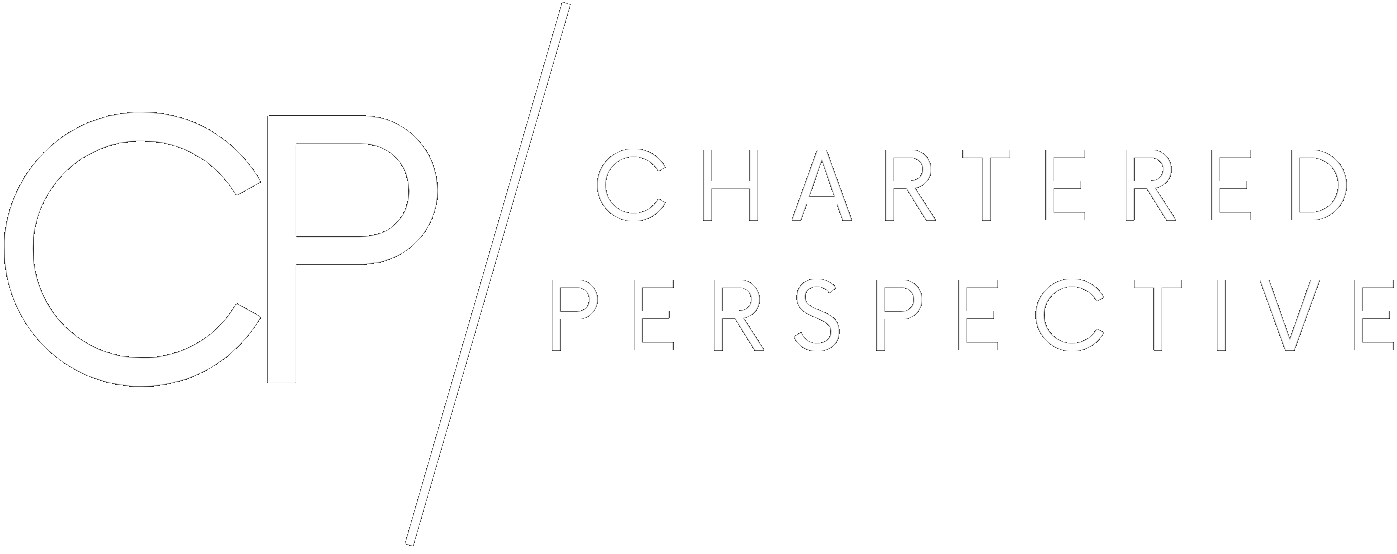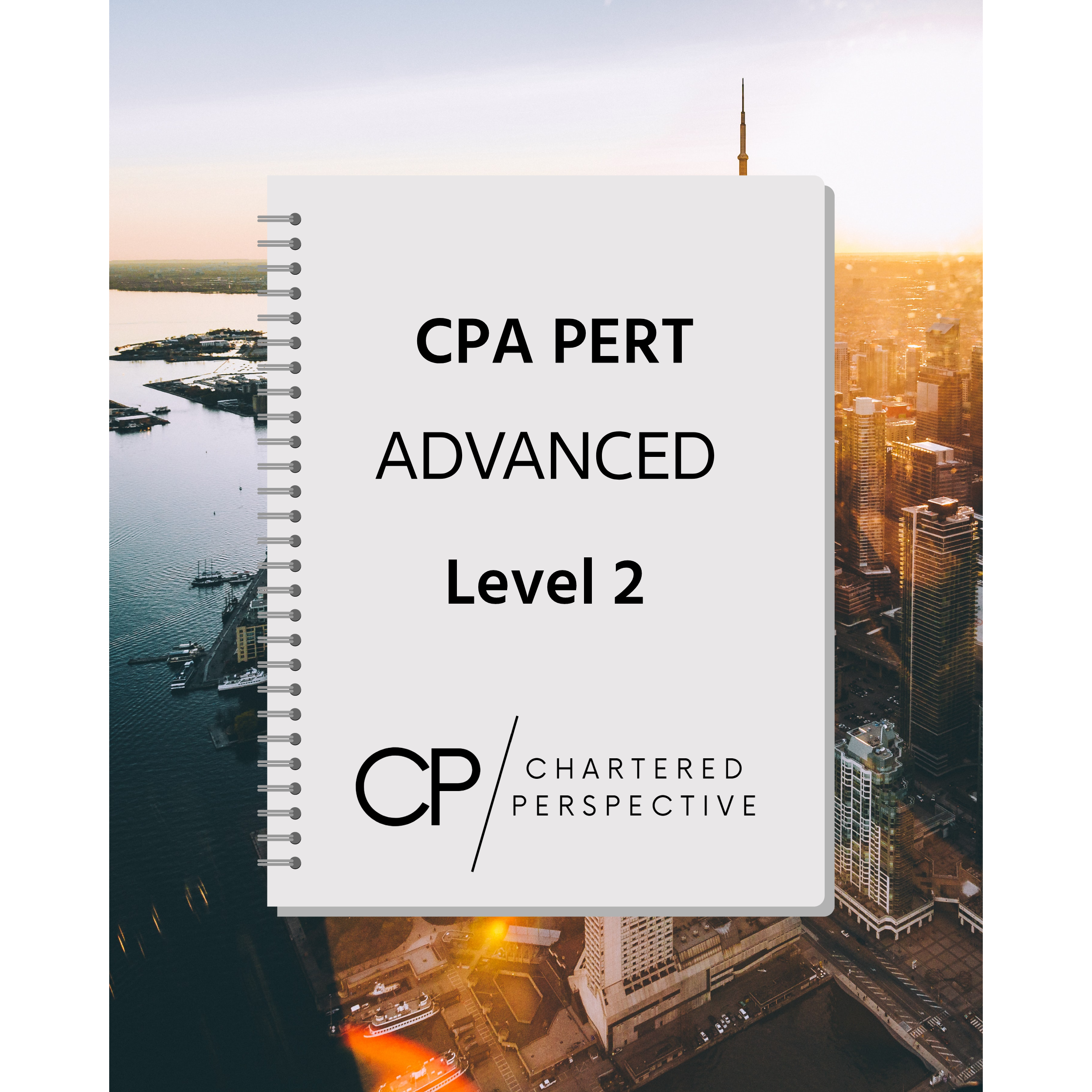What Exactly Makes PERT Challenging?
CPA Candidates Focus on the Exams
Obtaining the Canadian CPA designation involves several steps including pre-requisiting university-level courses, several CPA “PEP” modules, and of course the infamous CFE. CPA-hopefuls often focus on the academic requirements and see the CPA as a series of exams - the Practical Experience portion is often overlooked entirely and then becomes an extremely unpleasant surprise once candidates have to complete it. Getting started early with Practical Experience, including familiarizing oneself with how the different proficiency levels work and the various competency areas, will make the transition from exam-taking to experience report-writing much more pleasant.
Instructions and Expectations are Vague
CPA candidates have likely spent some time searching through Google and coming across various message boards where candidates from across Canada vent their frustrations. Many candidates feel like they don’t quite understand what their provincial CPA body is expecting for them to include in their reports. Candidates who feel like they have written reports wothy of a certain proficiency level often receive feedback wherein their proficiency levels are revised downwards with no clear reason as to why. CPA mentors can be helpful for reviewing reports, however, if they have not completed the practical experience reporting process themselves (either due to going through the pre-approved route or by having compelted the CPA before PERT was introduced), they are likely to be even more confused than the candidate themselves. For this reason, Chartered Perspective is pleased to be able to assist candidates with their report writing by breaking down CPA Canada’s practical experience requirements, the information that needs to be included in each report, and provide examples of real CPA-approved experience reports across Level 0, Level 1, and Level 2. Our guides are displayed in our Store page as well as below.
Tip: Practical Experience Reporting (PER/PERT) Requires Investment
As mentioned above, the experience requirement (and especially the reporting of experience) was never seen as the primary hurdle to becoming a CPA in Canada. Therefore, many candidates do not appreciate just how much effort it takes to put together a report which satisfies CPA Canada’s requirements to award the requested proficiency level(s), particularly level 2s. Candidates must approach PERT report writing with the same sense of urgency and seriousness that they approached practice cases with and set aside several hours for each submitted report. This includes brainstorming, writing, reviewing, and editing - sound familiar? To end this article on a high note, readers should take comfort in the fact that if they are capable of obtaining the CPA prerequisities, completing the various modules, and passing the CFE, they are certainly more than capable of completing PERT - the experience reporting process likely simply needs to be given more respect and effort than originally anticipated.






PERT Basic is the perfect guide to help you get started with the CPA Practical Experience Reporting Tool (PERT). This PDF guide includes a brief overview of the CPA Experience Verification Route reporting process as well as example answers with commentary and explanations for both Technical and Enabling competencies at levels 0 and 1.
This guide is well suited for a new CPA Candidate getting started with experience reporting, particularly those reporting under the Experience Verification Route (EVR).